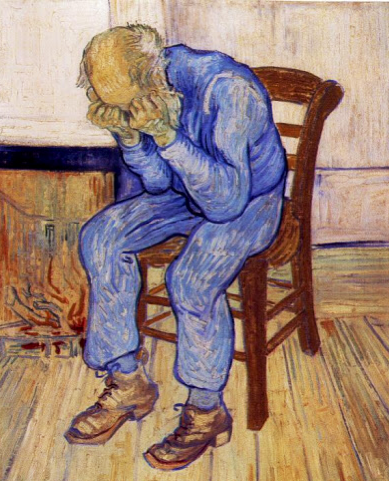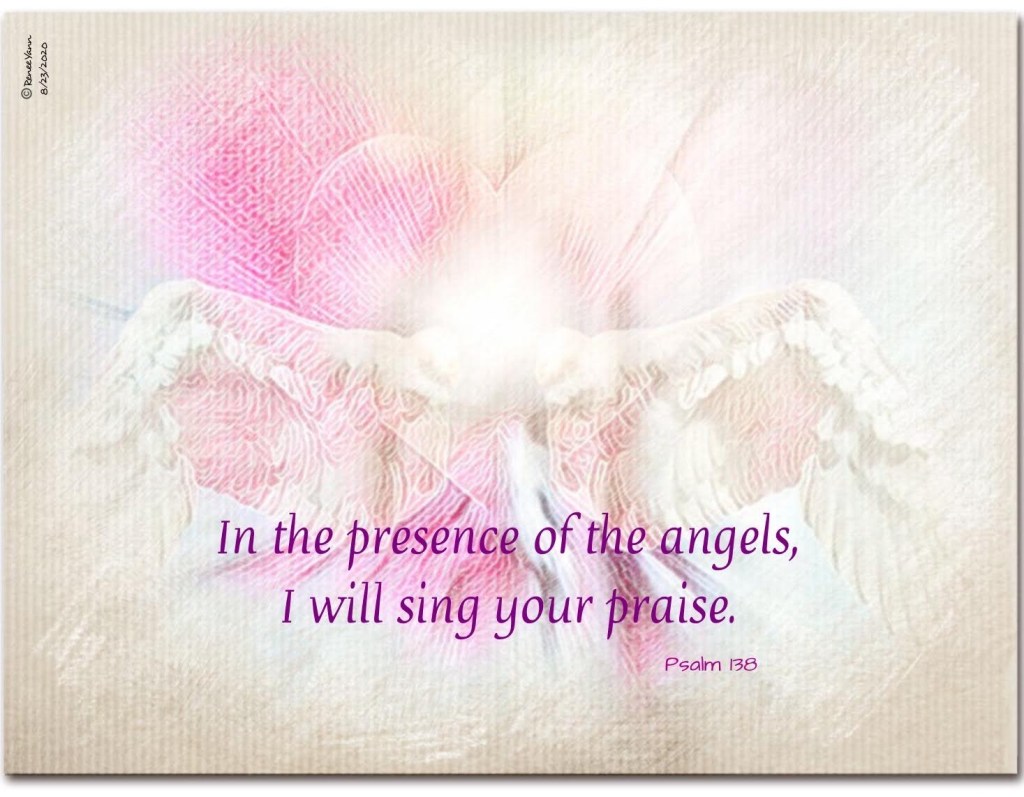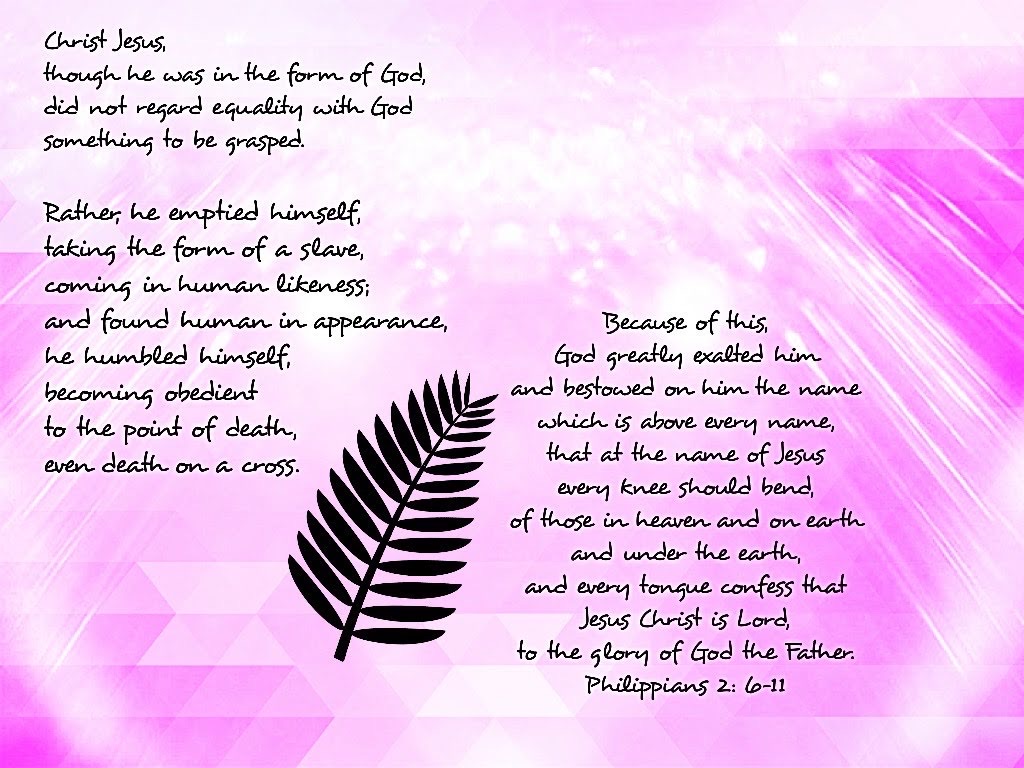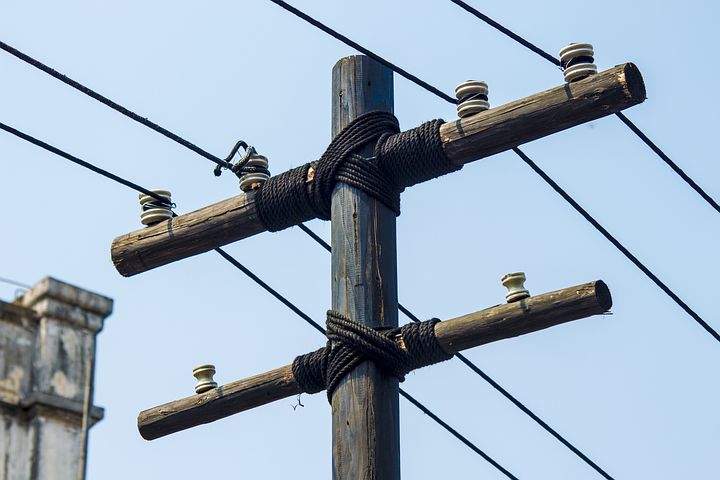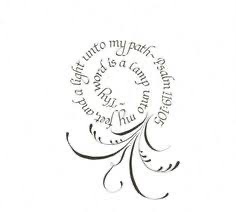Memorial of Saint Thérèse of the Child Jesus, Virgin and Doctor of the Church
October 1, 2020
Today, in God’s Lavish Mercy, we pray with Psalm 27 – and gosh, did I need it!
I believe that I shall see the bounty of the LORD
in the land of the living.
Wait for the LORD with courage;
be stouthearted, and wait for the LORD.
I woke up this morning still half sick from watching last night’s “debate”. I fully agree with this estimation from Jon Meacham:
“No hyperbole: The incumbent’s behavior this evening
is the lowest moment in the history of the presidency
since Andrew Johnson’s racist state papers.”
(Jon Meacham, the 2009 Pulitzer Prize for Biography for American Lion: Andrew Jackson in the White House. Meacham holds the Carolyn T. and Robert M. Rogers Endowed Chair in American Presidency at Vanderbilt University)
I care about how my country’s leadership has degenerated. I care about how that collapse affects all of our lives especially poor, sick, and marginalized persons. It is painful to witness a situation where leadership suffers from an egregious forfeiture of responsibility and care for anything but its own self-interests.
It’s very hard to find prayer’s central clarity
when a dysfunctional world spins around us.
I asked myself today,:
“Can Psalm 27 help me?
Can the Little Flower shed some light for me?”.
Psalm 27 is a prayer that moves from relentless hope to deeply rooted faith. It is a remedy I crave.
Hear my voice, LORD, when I call;
have mercy on me and answer me.
“Come,” says my heart, “seek God’s face”;
your face, LORD, do I seek!
Walter Brueggemann places great emphasis on verse 27:3 and the particular word “though”….
Though an army encamp against me,
my heart does not fear;
Though war be waged against me,
even then do I trust.
Bruggemann says this:
I suggest that the psalm pivots in verse 3 on the word “though,” which is an act of defiance. It is a bold and brave “nevertheless, notwithstanding”…
… This “though” is a well-grounded, adamant refusal to participate in the anxiety that is all around.

St. Thérèse of Lisieux wasn’t into “politics” as we commonly define the term. But her life in the abbey presented a good deal of human “politics” which challenged her spiritual growth. Here are a few quotes that I plan to pray with today to invite their blessings on my own anxieties, and to listen for where they might call me to hope, trust and faith, as well as productive, not fretful, action. You might like to do the same.
My whole strength lies in prayer and sacrifice, these are my invincible arms; they can move hearts far better than words, I know it by experience.
― The Little Way for Everyone Day: Thoughts from Thérèse of Lisieux
Joy is not found in the things which surround us, but lives only in the soul.
― The Story of a Soul: The Autobiography of St. Thérèse of Lisieux
It is wrong to pass one’s time in fretting, instead of sleeping on the Heart of Jesus.
― ibid.
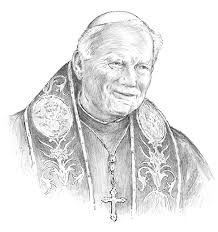
In place of a poem today, this tidbit about Psalm 27 from Pope John Paul II:
The faithful know that being consistent creates ostracism and even provokes contempt and hostility in a society that often chooses to live under the banner of personal prestige, ostentatious success, wealth, unbridled enjoyment. They are not alone, however, and preserve a surprising interior peace in their hearts because, as the marvellous “antiphon” that opens the Psalm says, “the Lord is light and salvation… the stronghold of life” (cf. Ps 27: 1) of the just. He continuously repeats: “Whom shall I fear?”, “Of whom shall I be afraid?”, “My heart shall not fear”, “Yet I will trust” (cf. vv. 1, 3). JOHN PAUL II- GENERAL AUDIENCE Wednesday, 21 April 2004
Music: The Lord is My Light and My Salvation – Haas and Haugen
Refrain: The Lord is my light and my salvation, of whom shall I be afraid?
The Lord is my light and my help; whom should I fear?The Lord is the stronghold of my life; before whom should I shrink?
There is one thing I ask of the Lord; for this I long;
to live in the house of the Lord all the days of my life.
I believe I shall see the goodness of the Lord, in the land of the living;
hope in him and take heart, hope in the Lord!

